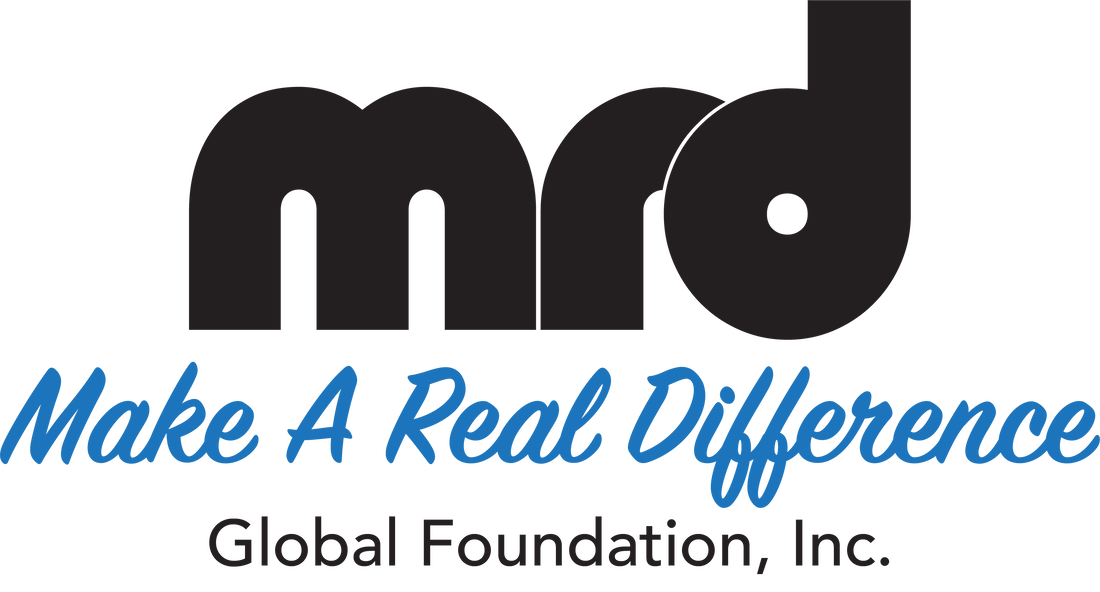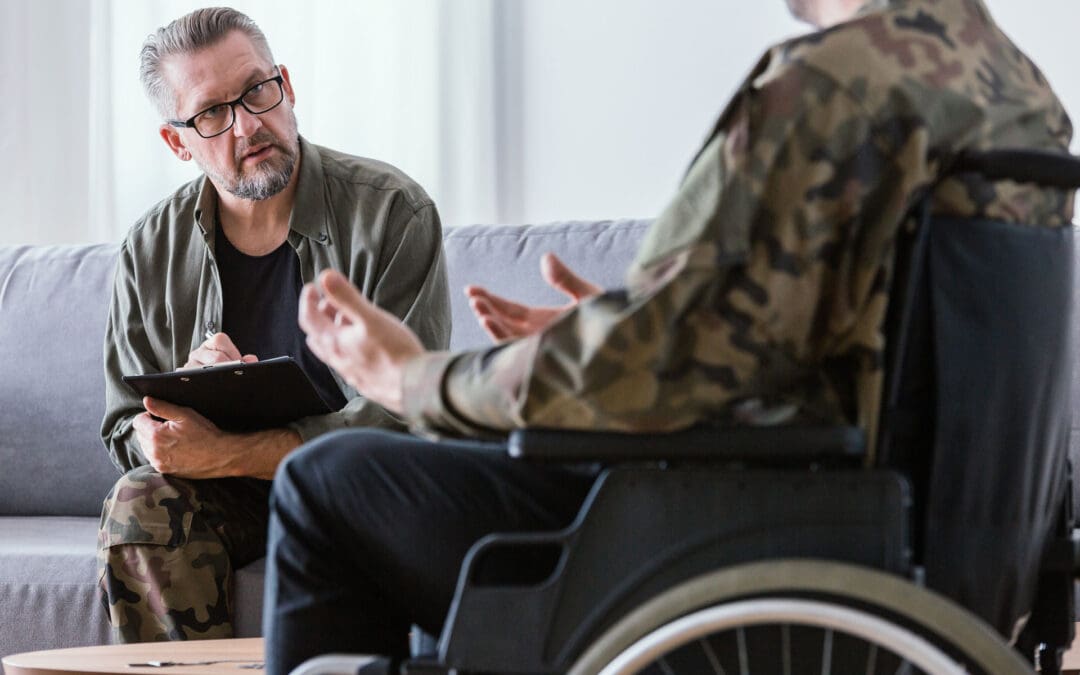Good day, veterans. In my over twenty years of working with veterans, one of the most common yet often overlooked challenges I’ve seen is depression. It’s a real and serious issue in our veteran community, and it deserves our full attention.
Recognizing Depression: Depression in veterans can manifest in various ways. It might be a feeling of constant sadness, a loss of interest in things once enjoyed, or a deep sense of hopelessness. Some of you might experience changes in sleep patterns, appetite, or energy levels. It’s important to recognize these symptoms not as signs of weakness, but as indicators that it’s time to seek support.
Veteran Voices: I’ve seen many veterans courageously battle depression. Like the Army veteran who, after feeling detached and hopeless for months, reached out for help and slowly rediscovered his passion for life. Or the Air Force pilot who struggled with profound sadness and found strength in therapy and the support of fellow veterans. Their stories are testaments to the fact that with the right help, recovery is possible.
Treatment and Support: There are various effective treatment options available. Therapy can provide a safe space to explore feelings and develop coping strategies. Medications can be helpful in managing certain symptoms of depression. Holistic approaches like exercise, meditation, and nutrition can also play a significant role in healing. Remember, it’s about finding what works best for you.
Encouraging Open Dialogue: Talking about mental health can be challenging, but it’s crucial. I encourage you to start conversations with your peers about mental health. Share your experiences, listen to others, and support each other. Creating an environment where it’s okay to talk about depression is a vital step in breaking the stigma.
Seeking help for depression is a sign of strength, not weakness. You’ve shown incredible courage on the battlefield; I urge you to show that same courage in facing depression. Together, we can break the stigma and ensure that every veteran receives the support and care they need. Remember, you’re not alone in this fight.
Thank you for your service and your bravery in every aspect of your lives.

